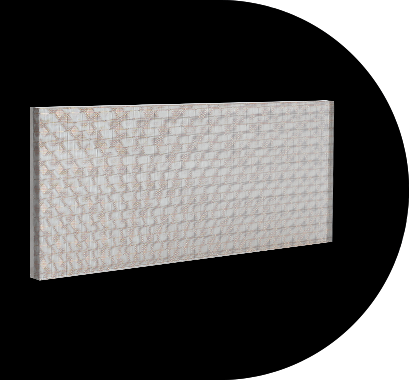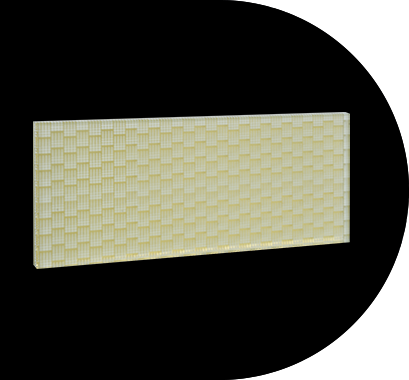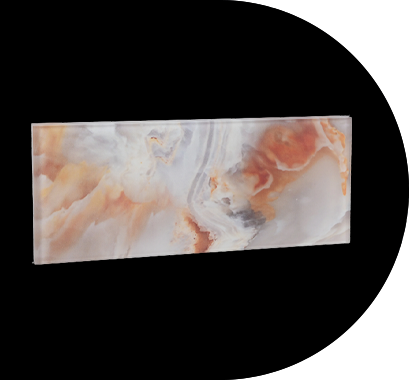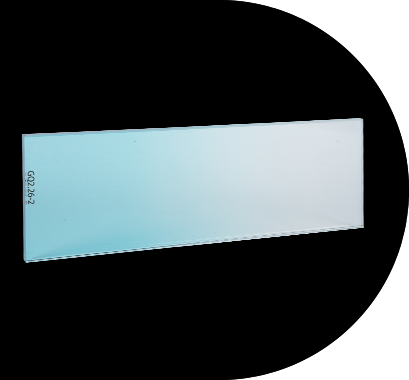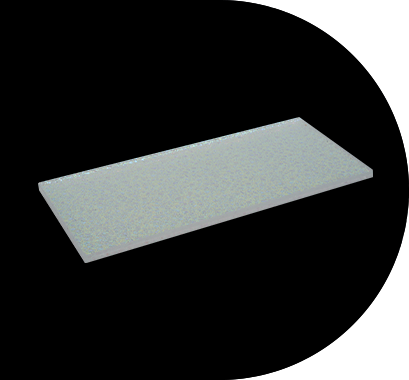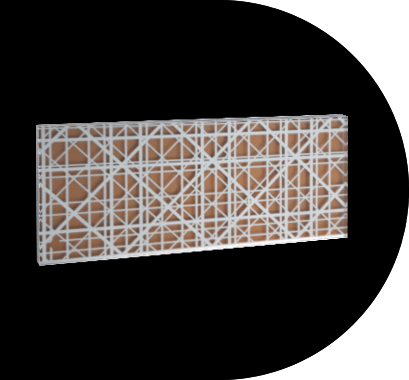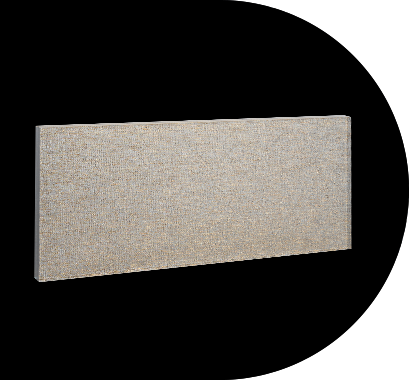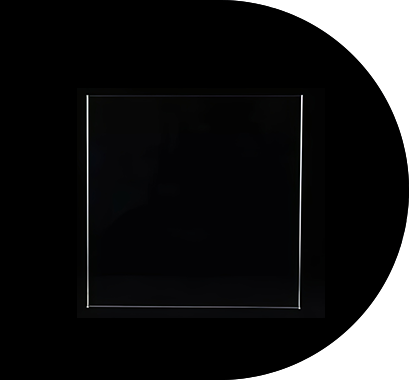With the rapid development of digital technology, Augmented Reality (AR) technology has become a bridge connecting the virtual and physical worlds. Especially in the field of retail and display, the application of augmented reality technology has brought changes to display case glass, providing an immersive and interactive experience for consumers and creating more marketing opportunities for businesses. In this paper, we will discuss the application of augmented reality technology in display case glass and look forward to its future trends.
Augmented reality technology enhances our perception of the real world by adding digital images and information to the user's field of view. In the application of display case glass, this means that consumers can see or interact with additional information about the merchandise in the display case through a smart device, such as a mobile phone or specialized AR glasses. This technology not only improves the way goods are displayed but also gives them more storytelling and interactivity, greatly enhancing the customer's shopping experience.
From an application point of view, augmented reality technology makes the showcase glass not just a static display tool, but turns it into an interactive platform. For example, in a jewelry shop, through AR technology, customers can immediately see the effect of a ring on their hands when viewing the ring in the display case, and can even choose different styles and materials for virtual try-on. This intuitive experience significantly increases customers' willingness to buy and reduces decision-making time.
For the display of artwork or museum exhibits, augmented reality technology can cleverly incorporate information about the history, cultural background, or creative process into the audience's visiting experience. The audience can get detailed information about the exhibits and even see the historical image data of the exhibits through AR applications, increasing the educational value and cultural experience of the exhibition.

The application of augmented reality technology in exhibition glass is also reflected in personalized marketing. Merchants can show personalized information and interactive content to different customers through AR technology. For example, displaying customized product recommendations or promotions based on customers' shopping history and preferences. This highly personalized experience not only enhances customer satisfaction but also effectively increases sales opportunities.
From the perspective of technology development trends, the application of augmented reality in display glass will become more extensive and in-depth in the future. Firstly, with the maturity and popularity of AR technology and the promotion of 5G networks, the AR experience will be smoother and richer, providing users with a more realistic virtual experience. Second, with the combination of artificial intelligence and machine learning technologies, AR systems will be able to more accurately identify user behavior and needs, providing more intelligent interactions and services.
On the other hand, with the convergence of technologies, future showcase glass may integrate more sensors and interaction technologies, such as touch sensing and gesture recognition, allowing customers to directly interact with the products in the showcase without any external devices. This will further reduce the barriers to interaction and improve the convenience and intimacy of the experience.
The application of augmented reality technology in display case glass not only brings consumers a new shopping experience but also provides retailers with innovative marketing tools. By providing interactive and personalized displays, AR technology greatly enriches the functionality of display case glass and brings the distance between goods and consumers closer.
With the continuous advancement of technology and the gradual reduction of costs, it is expected that more retail industries will adopt augmented reality technology in the future as an important means to enhance customer experience and strengthen brand influence. Although currently facing challenges such as technology standardization and privacy protection, the prospect of augmented reality technology in display case glass is still full of infinite possibilities and deserves our continued attention and anticipation.

